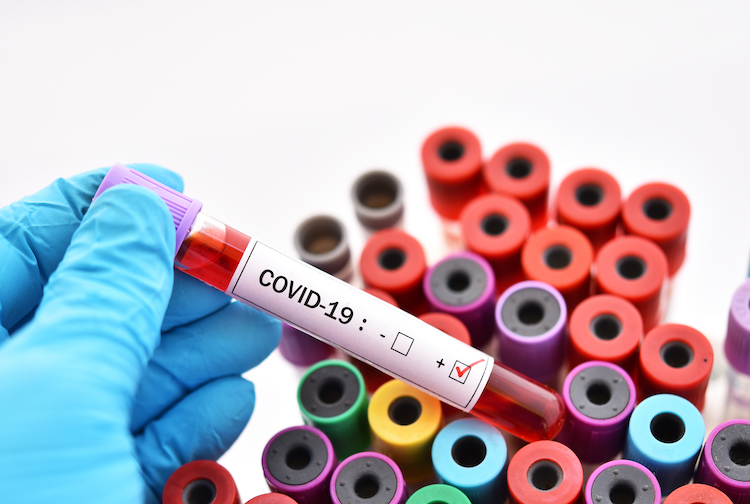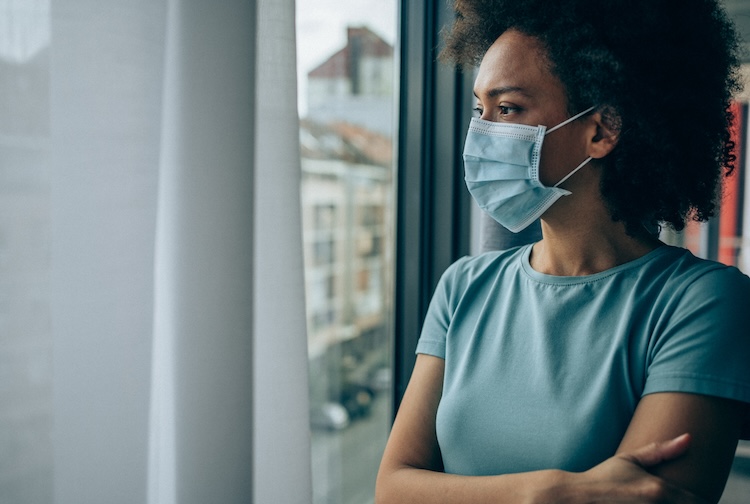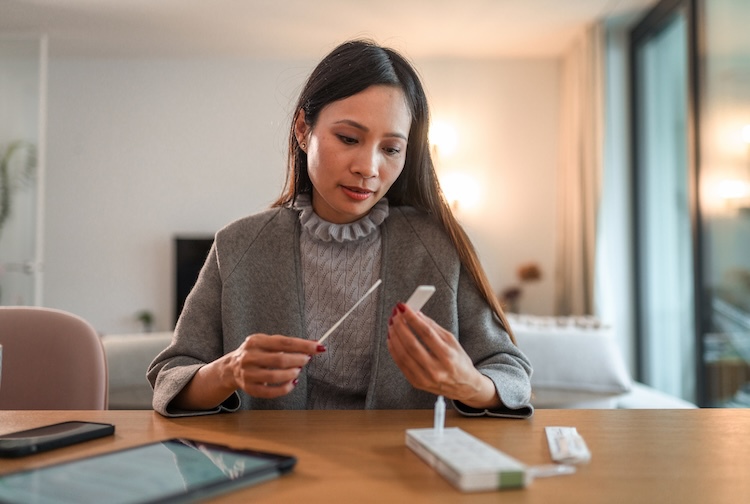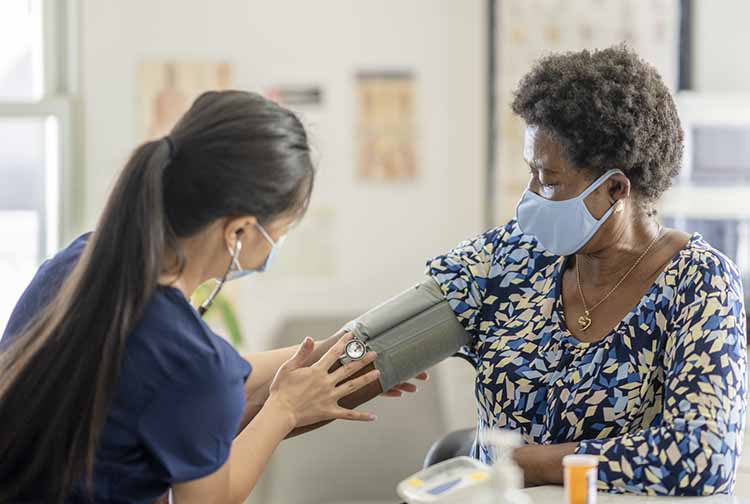
Preparing for coronavirus in Virginia: Expert analysis by VCU infectious disease specialist Gonzalo Bearman, M.D.
February 28, 2020
We are actively preparing and here to help
With the threat of the coronavirus disease 2019 (COVID-19) looming locally, Virginia residents are rightfully asking questions about their personal safety. As with the onset of previous new diseases, such as severe acute respiratory syndrome coronavirus (SARS) and Middle East respiratory syndrome coronavirus (MERS), the ultimate scope and reach of the current coronavirus outbreak is evolving. Local arrival of COVID-19 is nearly certain as the outbreak evolves into a pandemic. What can we expect and how should we prepare?
As an infectious disease expert with over 20 years of service, I am here to tell you that Virginia is actively preparing for the arrival of COVID-19.
Our unique pathogens unit
In 2014, in response to Ebola, VCU Medical Center created the Commonwealth’s first and only Unique Pathogens Unit (UPU).The VCU UPU consists of a physical unit, highly skilled staff and an emergency response infrastructure that allows us to respond to and treat unique and highly dangerous organisms. Although COVID-19 does not pose the same risk as Ebola and does not require us to activate the physical UPU space, we can swiftly deploy UPU personnel, equipment and the communications infrastructure as a first response to address new threats, such as COVID-19.
System-wide processes in place
At the health system level, we have relentlessly standardized operational processes for our infectious disease emergency systems, so we can be nimble to real-time threats. Take patient care, for example. Since the care of patients with threatening infectious diseases may occur in emergency departments, hospital wards and intensive care units, we have detailed staffing models designed to respond to a growing patient volume in times of an outbreak. We also have detailed logistical plans for overseeing the distribution of personal protective equipment including masks and impermeable gowns and gloves, and training for staff to ensure proper use. Our in-house emergency response team and infection prevention staff make patient outcomes and the safety of health care workers their priority.
Timely, accurate communication also becomes critical in times of a pandemic. We use existing communication infrastructure within the health care system, along with pre-produced factsheets and tailored key messaging, to expedite information sharing across organizations (governments, hospitals, health departments, etc.) and across disciplines, such as microbiology, emergency management, medicine and nursing. Stockpiles of adequate pharmaceuticals, equipment and mechanical devices, such as ventilators, are consistently maintained.
Safety is top concern
VCU has the infrastructure and protective equipment to keep all of our patients and health care workers safe. Although emergency response teams are most commonly not activated, their ongoing training and event simulation is critical to maintain preparedness. Much of this is accomplished in close collaboration with local and state health departments.
What individuals should do
In this time of uncertainty, individuals may feel an urge to prepare themselves and “do something.” The best thing you can do to prepare yourself for a local outbreak of the coronavirus is to stay healthy. This includes washing your hands diligently, staying hydrated and getting enough sleep. It also includes not touching your face, including nose, eyes and mouth — areas with mucous membranes, particularly with unwashed hands. If you feel sick, call your health care provider and stay home from work and public places. Practice cough/respiratory etiquette and cover your mouth when coughing and sneezing. Use tissues and dispose of them properly. We also recommend that you stop smoking and reduce your alcohol consumption for overall healthfulness, and that you stay up-to-date with local and national public health alerts.
Although commonly overlooked, influenza remains a clear and present danger to all U.S. communities, with the CDC reporting nearly 60,000 flu-related deaths in 2018-2019. At present, this is a greater threat than COVID-19. Although the flu vaccine does not prevent all infection, it does limit both the frequency and severity of illness. Sadly, vaccination rates remain low. Influenza vaccination is an important measure to minimize sickness and death in our community.
Collaborative effort by all
COVID-19 is undeniably a threat. As the local appearance of COVID-19 seems imminent, maximum preparedness will require the collaboration of individuals, communities, governments, health departments and health systems. This may result in school closures and the cancellations of mass gatherings such as athletics and entertainment events. All of these will have consequences such as missed work, missed days of education and even loss of income. By marshalling the efforts of diverse groups, including individual-level risk factor reduction, communitywide anticipation and preparation for disruption of activities and broad collaboration across health systems, government agencies and health departments, we may weaken the impact of COVID-19 within our home state.
Gonzalo Bearman MD, MPH is an infectious disease specialist, professor of medicine at Virginia Commonwealth University and director of the VCU Medical Center Infection Prevention Program (gonzalo.bearman@vcuhealth.org).



